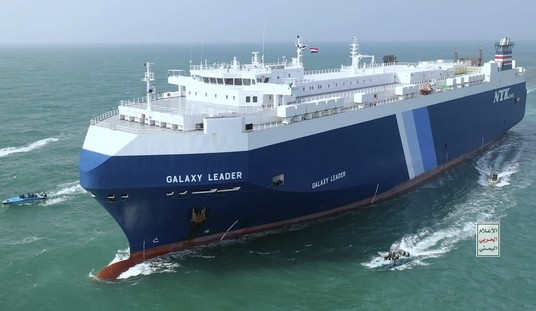The Thanksgiving movie release time frame has long been dominated by the Disney Company. Rival studios long ago ceded this territory on the release schedule to the House of Mouse as it had proven that its animated family fare would be a promised hit. The competition would just get out of the way and delay their big releases or possibly counter-program with adult dramas and Oscar-bait offerings on those weekends.
Disney continues to claim that week on the calendar, but the results have been far different of late. For the second consecutive year, the studio is looking down the barrel of a significant failed attempt on this holiday release schedule. On Wednesday, it released “Wish” into theaters, and the problems only begin with the title coming in at the Number Three position for the five-day holiday frame. Projections were that this should garner in the realm of $50 million, making for a strong debut that would carry on through the holidays, as had been the Disney formula for years.
Instead, “Wish” fell well short, drawing only $31 million through Sunday. While maybe not as significant of a bomb as “Strange World,” last year’s Thanksgiving attempt by the studio, looking at a near 40 percent drop from expectations, is a significant hit to Disney.
So what happened?
While “Wish” did not seem to rely on the usual woke messaging and promotions we have come to expect from the studio in recent years (and thus no visceral backlash seen from audiences), this disappointing performance has to be chalked up to other influences. For openers, Disney’s prospects in theaters over the past few years have shown its vulnerability, and as such, the competing studios showed they no longer cower when it comes to a Thanksgiving release. Last week, Lionsgate put out its rebooted franchise film “The Hunger Games: The Ballad of Songbirds & Snakes,” and it held as the top film in theaters. Then Sony/Columbia Pictures debuted its historical epic “Napolean,” which was the second best, despite playing in 400 fewer theaters and sporting a lengthy runtime that limits the number of showings.
While lacking the usual social lectures, “Wish” appears to have suffered from a rather pedestrian premise, one that almost looks more like corporate synergy than an original effort. The plotline seems rather uninteresting and generic when looking at the promotional material.
“An all-new musical-comedy welcoming audiences to the magical kingdom of Rosas, where Asha, a sharp-witted idealist, makes a wish so powerful that it is answered by a cosmic force—a little ball of boundless energy called Star. Together, Asha and Star confront a most formidable foe—the ruler of Rosas, King Magnifico—to save her community and prove that when the will of one courageous human connects with the magic of the stars, wondrous things can happen.”
Many have noted how this feels more like the studio tried developing the company’s unofficial tagline — When you wish upon a star — into a feature-length plotline. Then, when you consider that Disney has been heavily promoting its 100th Anniversary this year, you get the sense that this film was a piece of corporate boardroom product creation rather than an original work of art. One other detail emerges that also shows how the company could be inadvertently causing problems for its releases.
This summer brought another underwhelming release to theaters, “Elemental,” an animated feature that received a lukewarm response but did manage to go on a lengthy run and performed well enough to break even possibly. Yet on the Disney+ streaming service, “Elemental” has been one of the most popular selections for the past few weeks. This might indicate that unless you really grip audiences with a premise, they will be content to sit back for weeks until the title arrives in the home.
This means Disney is in a bit of a quandary. While a film can become a draw on the streaming service, that platform is still a significant money loser for the studio. And yet, while its existence can be a threat to a box office performance, the cachet of a theatrical release coming to the home lends to a sense of higher quality, as opposed to a direct-to-streaming title. One possible solution would be to extend the timeframe of moving a title to Disney+ to, say, a six-month window in order to give the theater run a sense of elevated uniqueness.
Disney is in need of a recalibration of its production line. Lowering budgets (“Wish” runs close to $200 million, with marketing) and creating a product people desire is a start. Making sure your releases appear to be a higher grade than the competition is needed. Currently, “Wish” is in competition with the animated sequel “Trolls Band Together” from Universal. That title had a near-identical debut last weekend and arrived with about half of the budget.
Disney is sitting in a position of a self-created paradox; streaming is affecting its theatrical performance, but theater releases are needed to boost its streaming attraction. This will not be an easy fix, especially when it is releasing films lacking a compelling reason to see them.













Join the conversation as a VIP Member